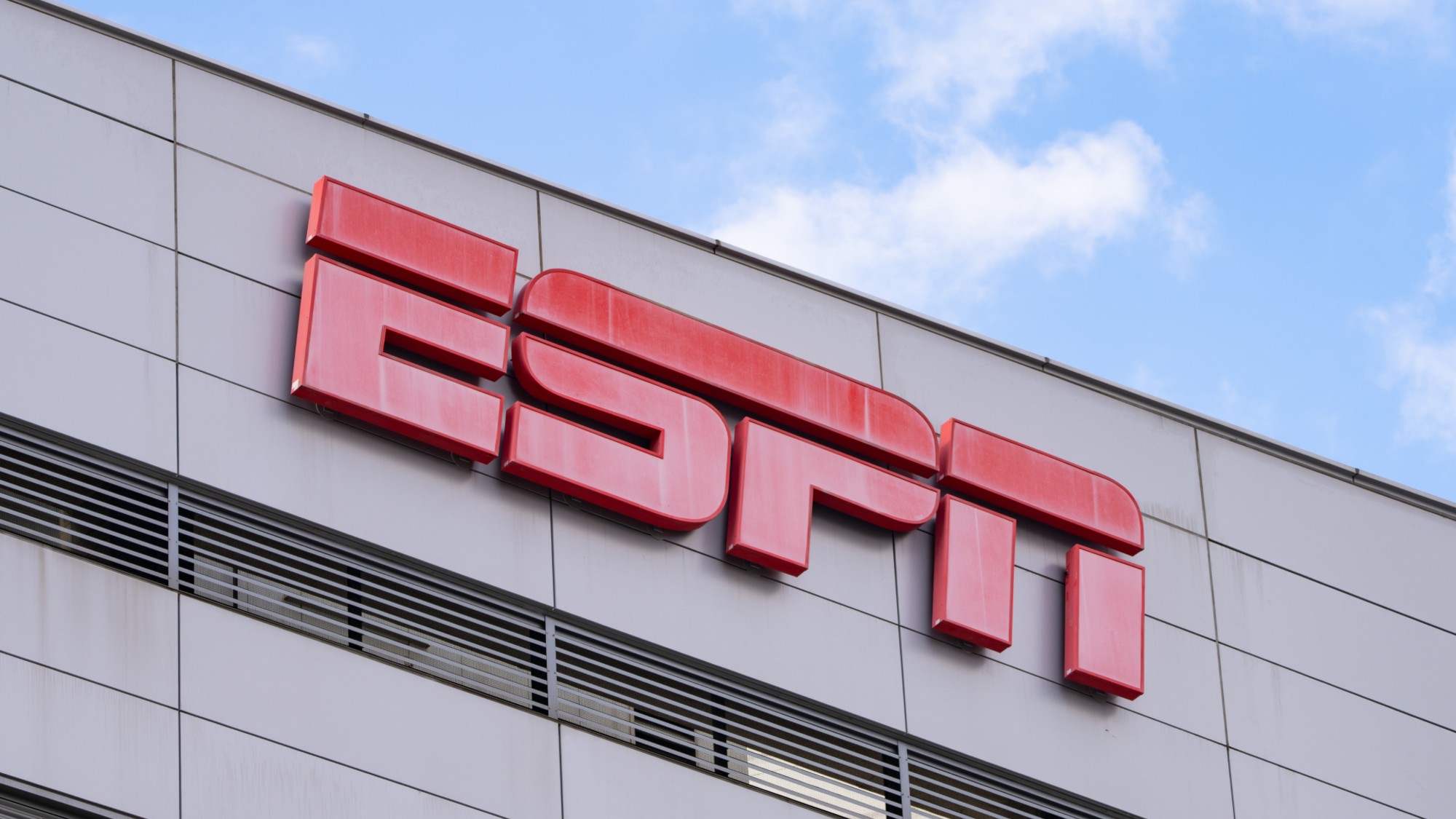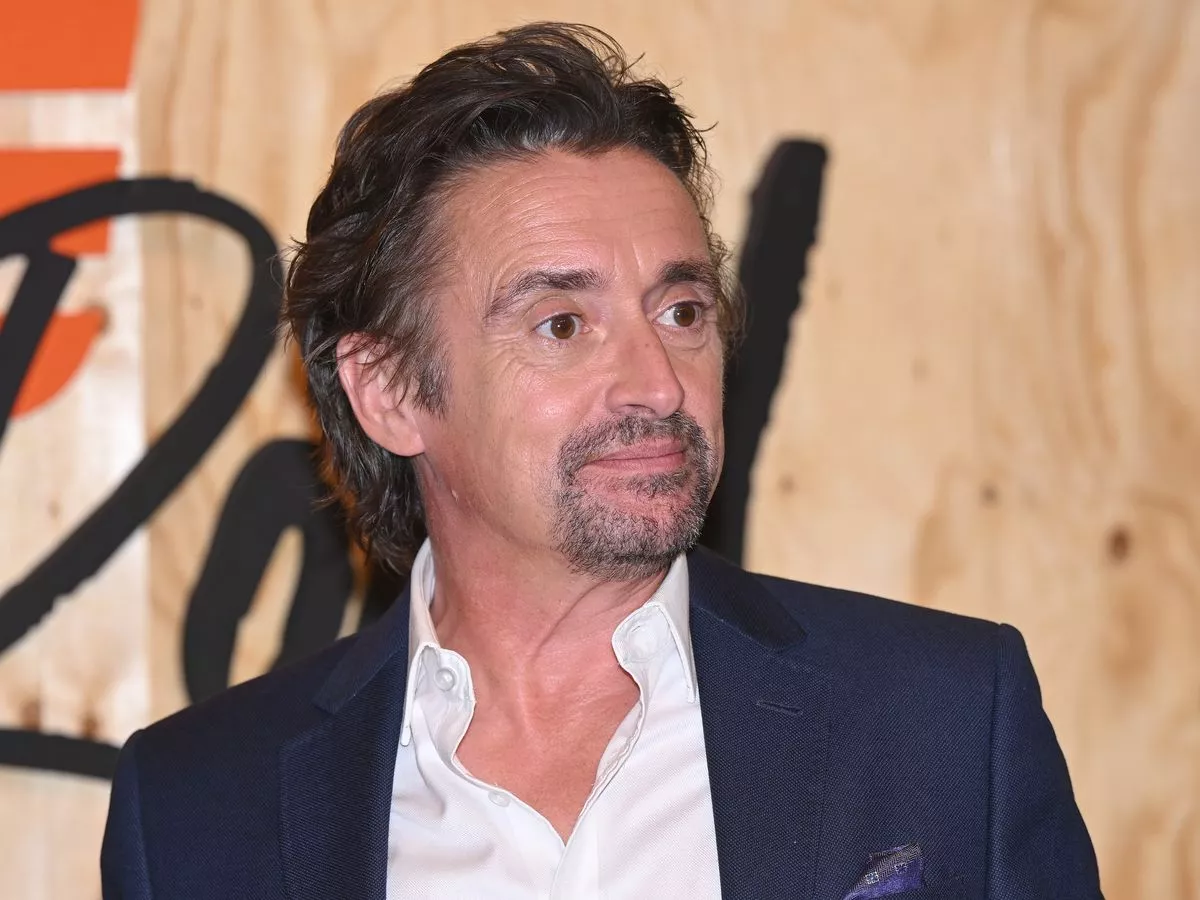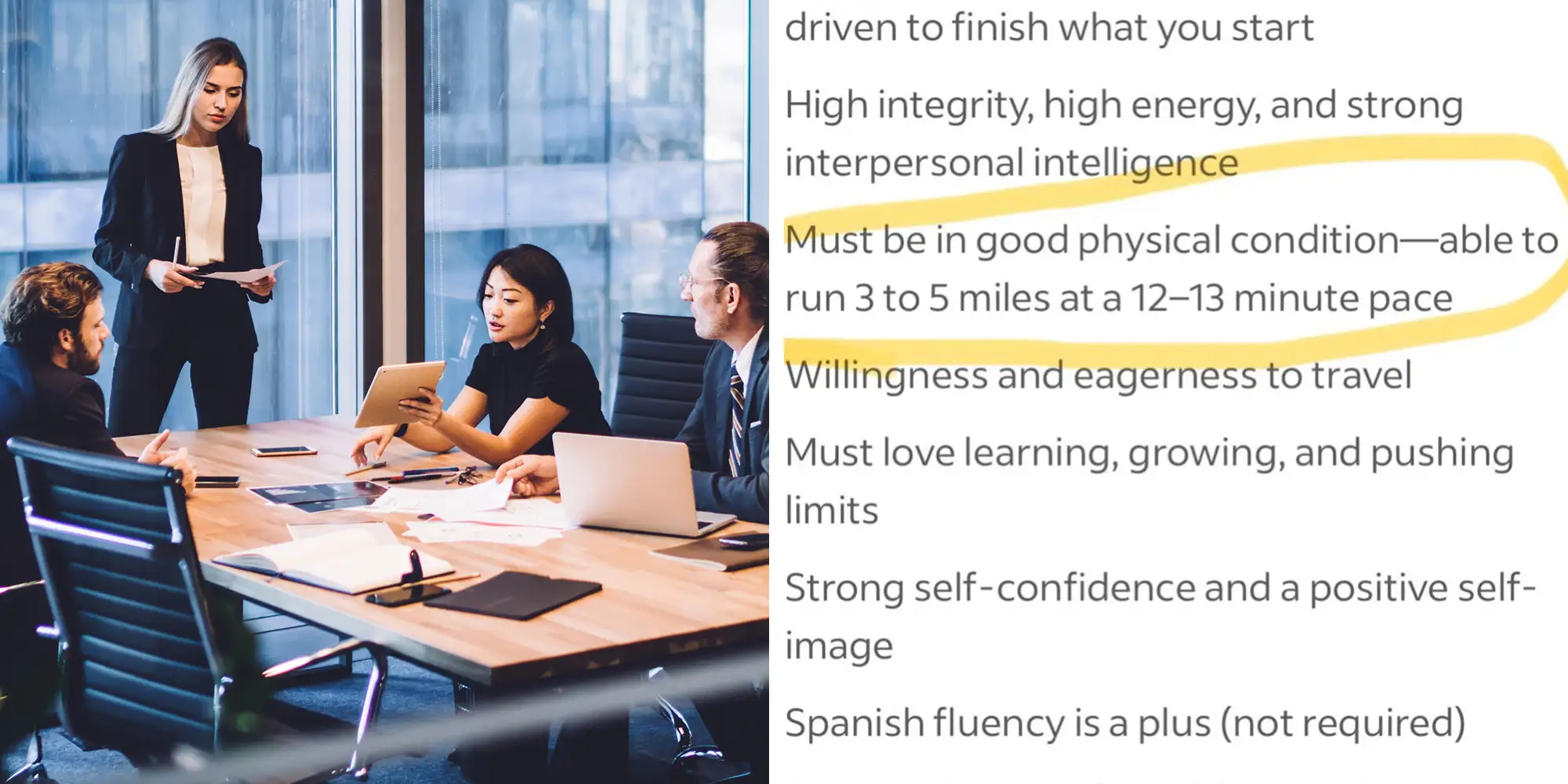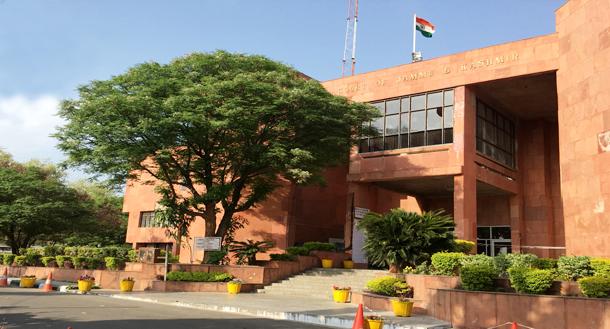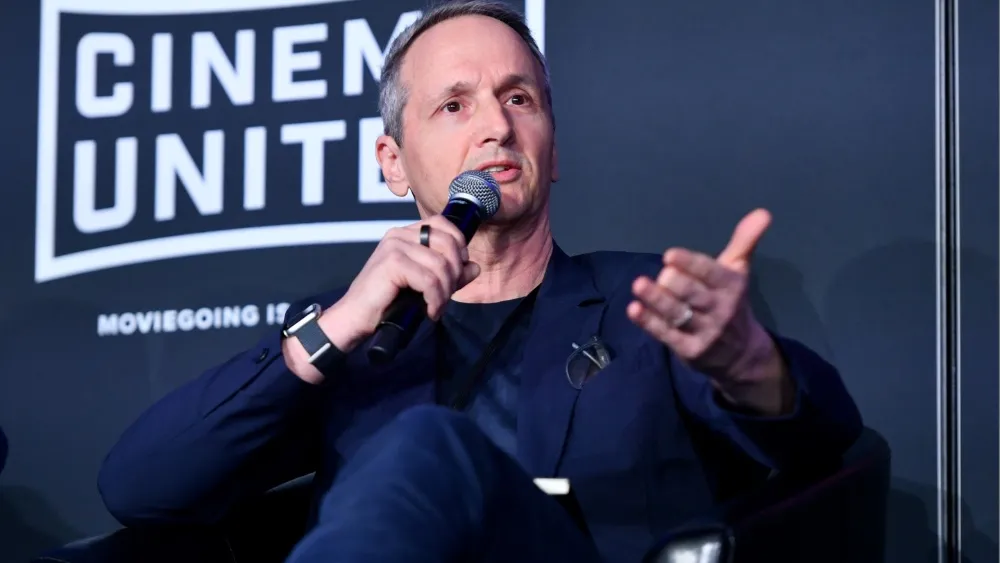
Tom Quinn, discussing his storied career and the wild success of distribution and production company Neon at the Zurich Film Festival’s annual industry conference, credited his achievements not only to his 30 years of experience in the industry but also to the instincts of his dogged team, his wife’s entrepreneurial spirit and his ability to earn the loyalty of filmmakers.
Quinn was honored at the Zurich Summit with this year’s Game Changer Award “for his outstanding achievements and excellent contributions within the film industry.”
That includes leading Neon to five consecutive Palme d’Or wins with “Anora,” “Anatomy of a Fall,” “Triangle of Sadness,” “Titane” and “Parasite.”
This year in Cannes the company premiered Joachim Trier’s “Sentimental Value,” Julia Ducournau’s “Alpha,” Raoul Peck’s “Orwell: 2+2=5” and Michael Angelo Covino’s “Splitsville,” starring Dakota Johnson, which just opened the Zurich Film Festival.
Neon’s recent releases include Osgood Perkins’ horror film “The Monkey,” which marked its second biggest opening weekend at the box office following Perkins’ “Longlegs” — the highest grossing indie horror film in a decade and the top indie title of the year with a domestic box office of $75 million.
Speaking to Roeg Sutherland, head of CAA Media Finance & International Film Group, Quinn noted he’d “been doing this for 30 years, which feels like it’s gone by so quickly. Um, you know, I counted up the number of moves that I’ve worked on, and it’s something like 400.”
That extensive experience includes major stints with Samuel Goldwyn Films and Mark Cuban’s Magnolia Pictures before joining partner Jason Janego to form the boutique label Radius with Harvey Weinstein in 2011.
Radius proved a stepping stone “to truly becoming an entrepreneur, starting the label from the ground up,” Quinn said.
“And the big shift from Radius to Neon was the belief that I finally had the courage and know-how to go out on my own. There’s a big difference there. Being entrepreneurial is not being an entrepreneur. Being an entrepreneur is that you’ve got to pay the bills, that you’ve got to raise the money and do all the other stuff that you did at those previous jobs.
“And I give my wife a lot of credit,” he added, noting that she became the first entrepreneur in the family after opening her Brooklyn store Stuart & Wright.
“She was in that store every weekend making sure the lights were on. She was doing all the buying, all the creative. And you know, I learned from watching her what it was going to take and what you have to commit to in order to run a business. And foolishly, I thought I could do it.”
Quinn and Janego left The Weinstein Company to form their own company, intending to “only work on films that we could sell with a straight face, that we could truly believe in 100%.”
While Quinn initially expected to raise the necessary capital in one to two months, he ended up needing two years.
It was Sutherland who helped Quinn establish Neon in 2017 after finding his first investor, Jackie Chan’s Hong Kong-based SR Media.
“Everybody here should know that without Roeg, Neon would not be here today.”
While Janego soon left the new venture, no longer wanting to work in distribution, the company got off to a strong start, initially with six people, including folks Quinn had worked with before, at Radius and elsewhere, which provided “comfort and a certain amount of synergy that I think is super important for any startup.”
“We were like a highly functioning amoeba. We just got really lucky because we clearly knew who we were.”
“We brought a whole host of filmmakers along with us that we’d worked with over the course of the previous two decades,” among them Bong Joon Ho and Laura Poitras.
Neon then acquired Matt Spicer’s black comedy “Ingrid Goes West” at Sundance. “That’s where we really honed our skills as marketers and distributors. And someone took special notice of that movie, and it was Margot Robbie and what we did on that film.”
Neon ended up nabbing Robbie’s “I, Tonya.”
“All of our equity was going into the company — so super risky. There was no room for error. You really only had one shot to get it right. We were competing with Netflix at three times the offer, and we plunked down $6 million to buy ‘I, Tonya.’ Everything changed after that.”
A key element in the company’s success has been the independence of its team members.
“We don’t do groupthink,” Quinn said. “We’re not sitting around and deciding by committee. I’m not a big fan of that. I’m a fan of when two or three people, or one, is like, ‘This is the hill I’m going to die on if we do not do this movie.’
“I’ve done it myself and there are other team members who’ve done it. One team member, Jason Wald, who’s VP of acquisitions and production, brought me ‘Longlegs’ and he showed me this little two-minute clip. I said, ‘You gotta be kidding. We’re not doing this.’
In the end Wald convinced him and he went on to acquire Perkins’ next two pics, “The Monkey” and “Keeper.”
Neon and Perkins have since inked a first-look deal, with Neon set to also produce the filmmaker’s upcoming projects.
Asked about the origin of the company’s name, Quinn said he came across the first neon sign that existed in the U.S., hung above a Packard auto dealership in Hollywood in 1923.
“That’s the same year that the Hollywoodland sign was erected. So in my mind, these seemingly different beasts, but fraternal twins, the film industry and neon, had something quite in common.”
“And you combine that with the movies that I absolutely adore and love, whether it’s ‘Drive’ or ‘Blade Runner’ or ‘Psycho,’ … neon is always there in the background, and it’s this cool thing that you cannot ignore.”
While visiting the Saint Cecilia Hotel in Austin, Texas, Quinn saw a neon sign above the pool that said “Soul” and was immediately taken by it and managed to find the artist who made it.
“He made a neon sign that said ‘Neon.”
The company used an image of that sign for its first movie, “Colossal,” when it screened at Sundance in 2017.
